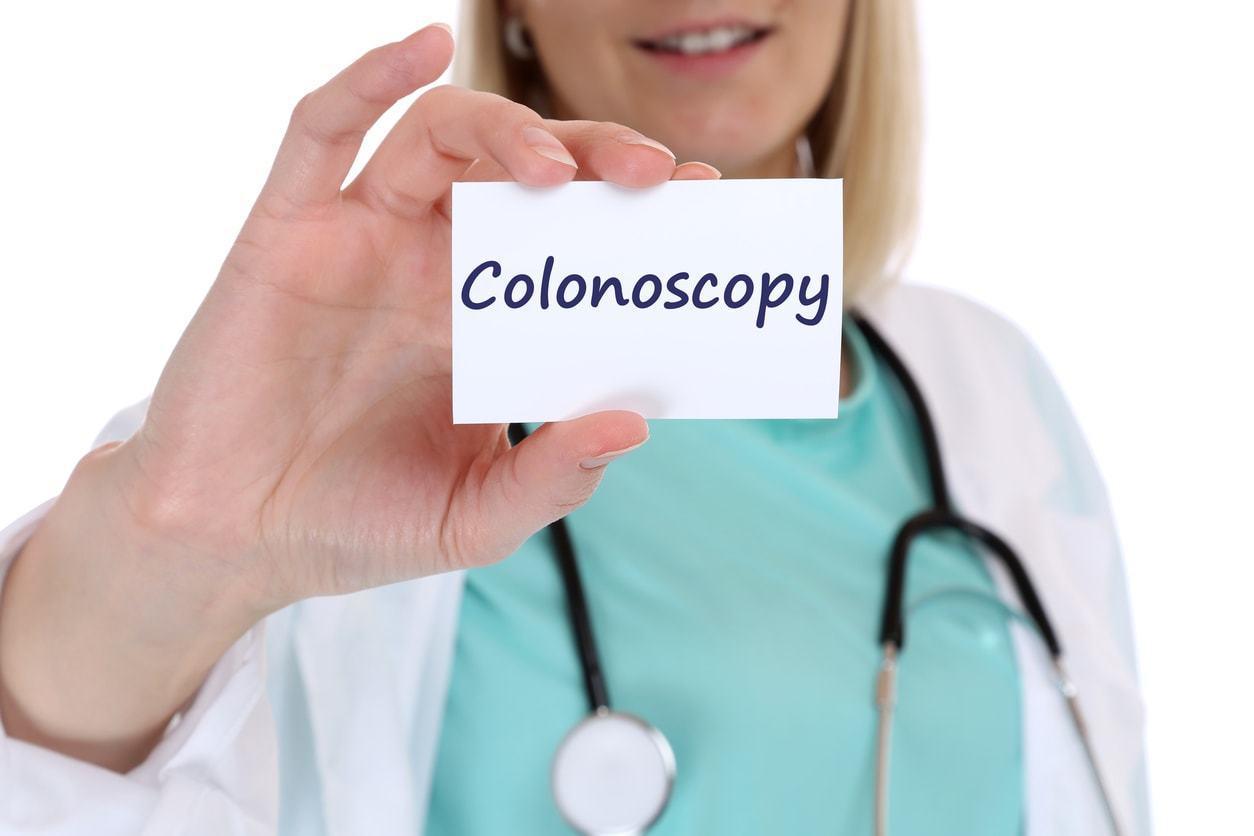
Colon cancer is a type of cancer that starts in the colon- the large intestine. It is the third most common type of cancer in men and women, and is not limited to a particular ethnicity. Colon cancer can be an inherited disease, you should get screened for the cancer if one or both of your parents have been diagnosed with it.
What are the symptoms
Detecting colon cancer early is important, as it can increase the chances of successful treatment. Changes in bowel habits, blood in the stool, abdominal pain and weight loss are all potential signs of the disease. In some cases, especially in the early stages you may not experience symptoms, so you should have a screening done just in case.
You may experience more subtle symptoms like fatigue or weakness that should alert you to getting checked out by your primary care physician.
What causes colon cancer?
There are several factors that can contribute to the development of colon cancer. Family history, age, diet and lifestyle choices are all potential causes. Diet and lifestyle choices that can increase your risk include eating a high-fat diet, smoking and being sedentary.
How is colon cancer treated?
Treatment varies depending on the stage of the cancer. Surgery, chemotherapy and radiation therapy are all potential treatments. Early detection is important, as it can increase the chances of successful treatment.
By being aware of these symptoms and causes, you can increase your chances of detecting colon cancer early. Early detection is important, as it can increase the chances of successful treatment. If you have any symptoms that are concerning, please see your doctor.
How to reduce your risk of developing colon cancer
There are several things you can do to reduce your risk of developing colon cancer. Being aware of the symptoms and causes is a good start.Eating a healthy diet, quitting smoking and being active are all important steps. You should also get regular check-ups with your doctor, as well as screenings.
These screenings include a colonoscopy- a test that uses a scope to look inside the colon- and a fecal occult blood test, which checks for blood in the stool. Getting these tests regularly can help detect colon cancer early, when it is most treatable.
If you are over the age of 50, or have a family history of colon cancer, you should be getting regular screenings for the disease. Early detection is key to successful treatment. If you have any symptoms that are concerning, please see your doctor.
